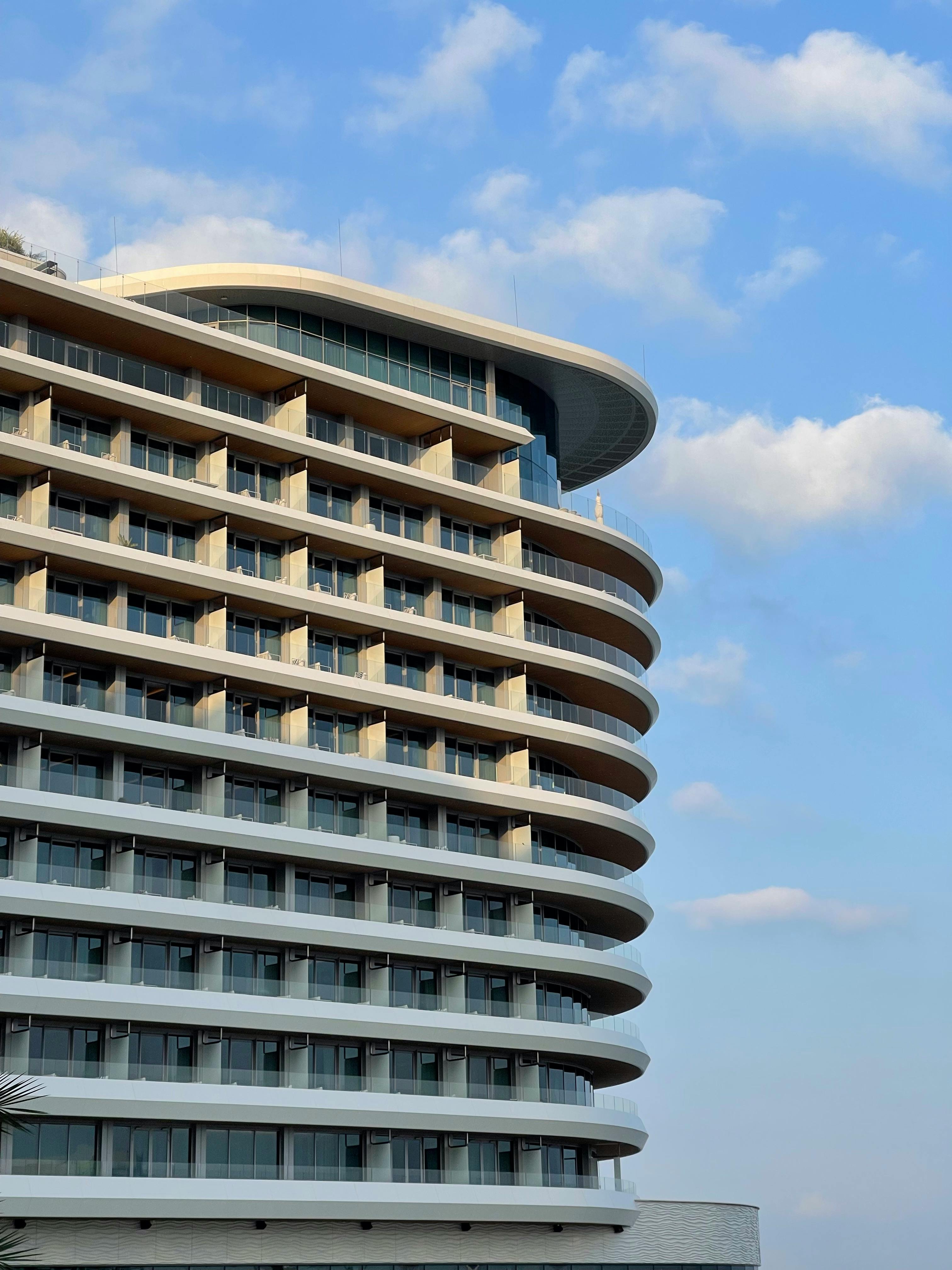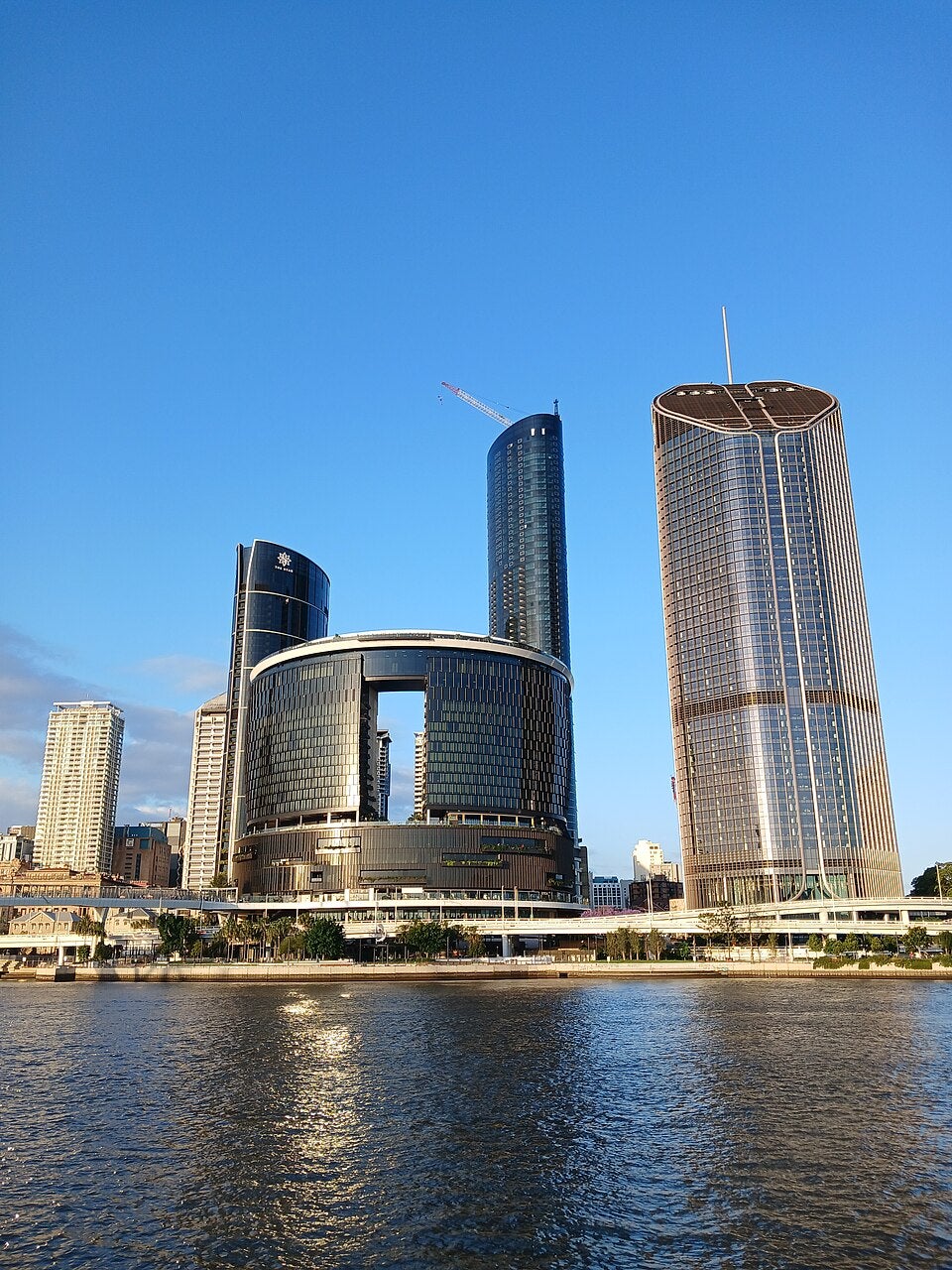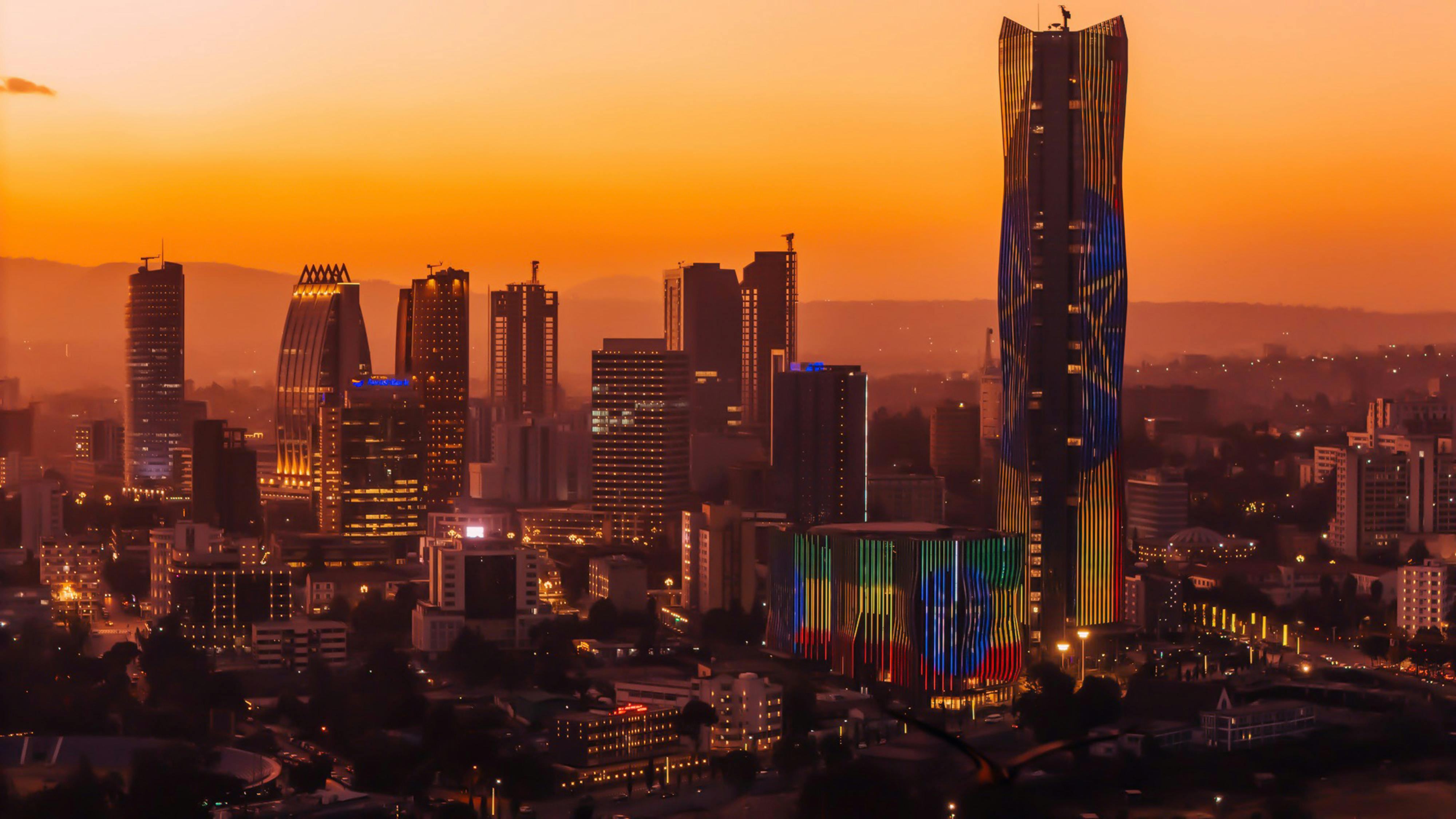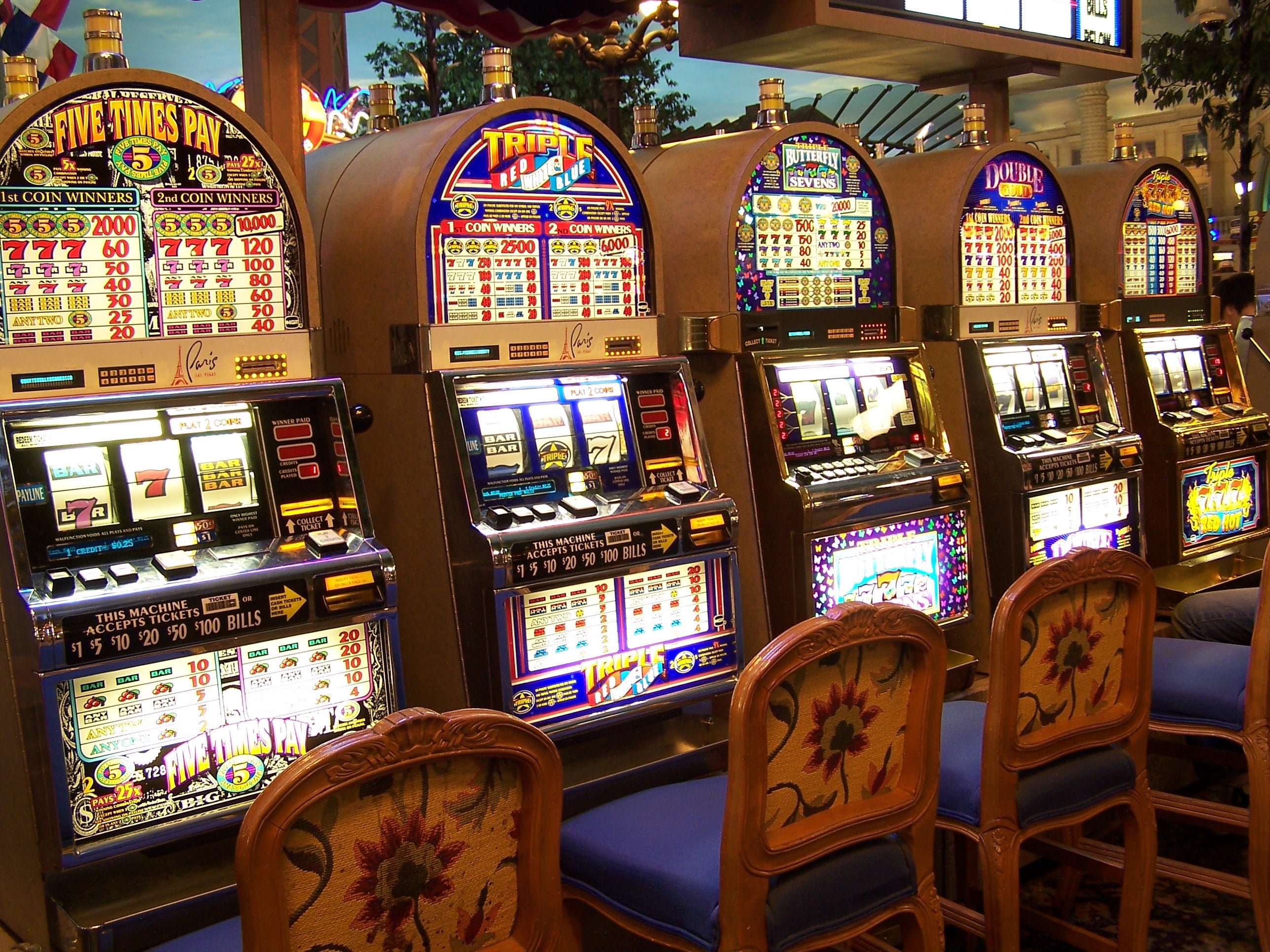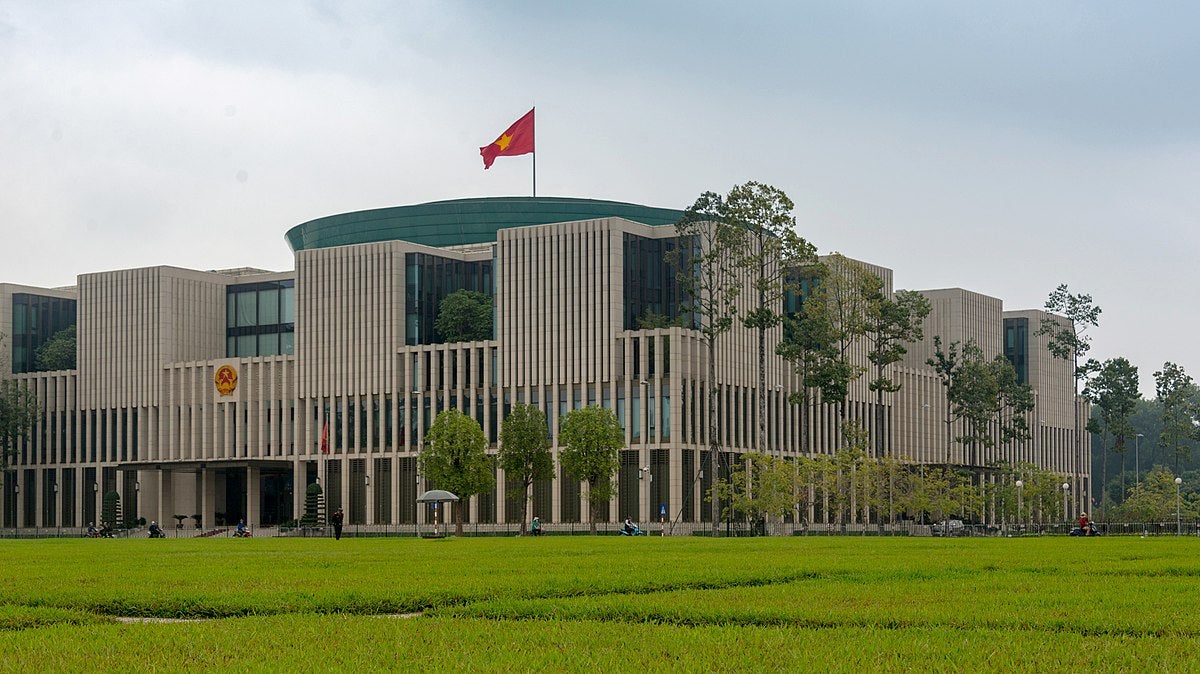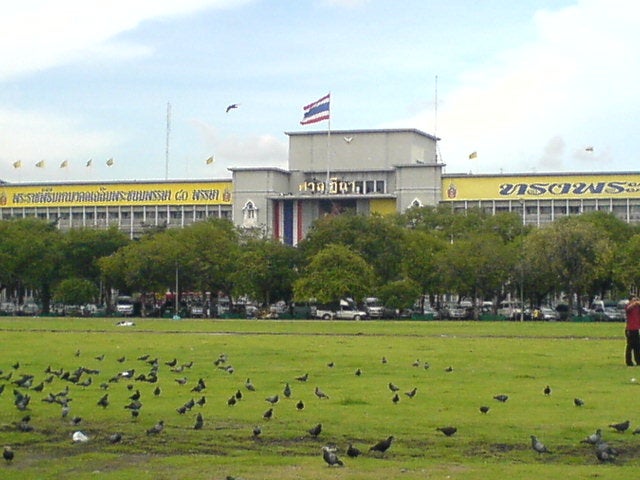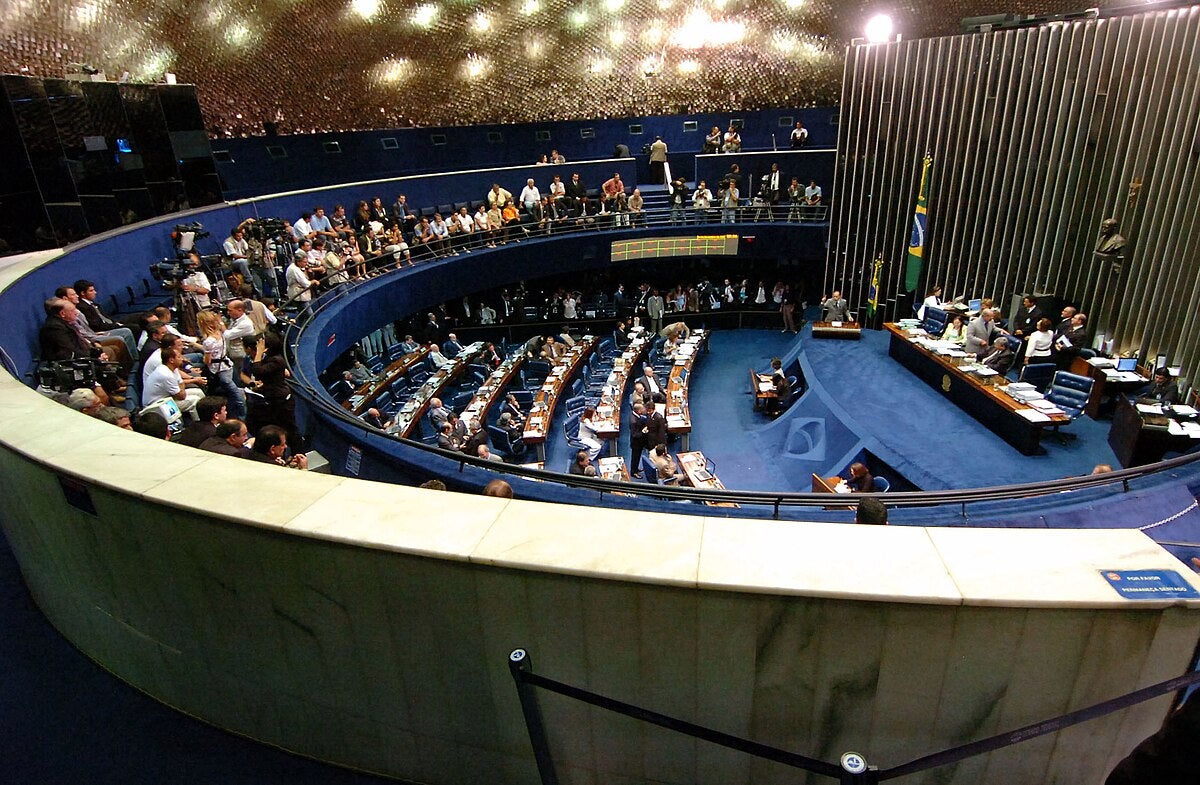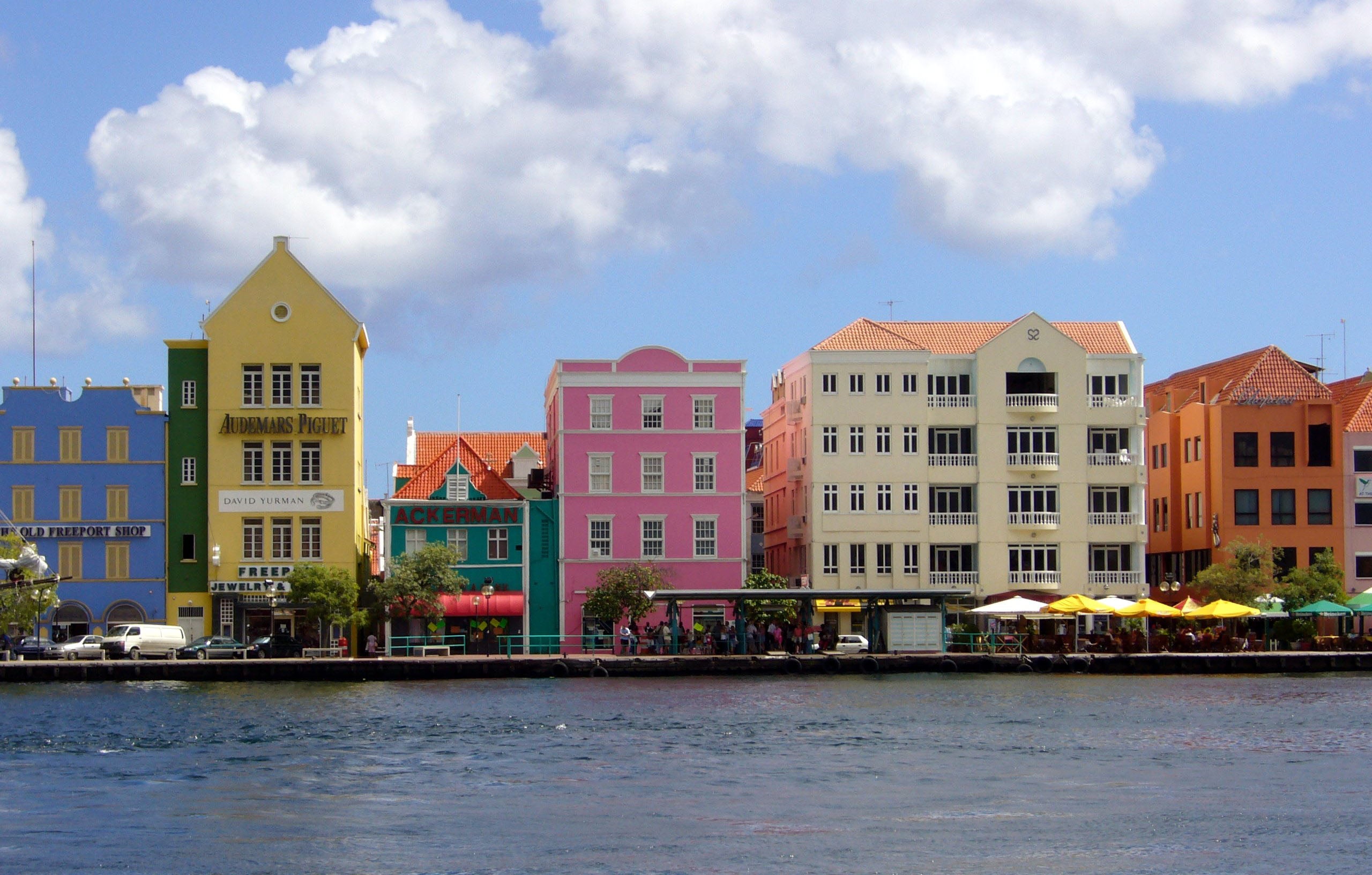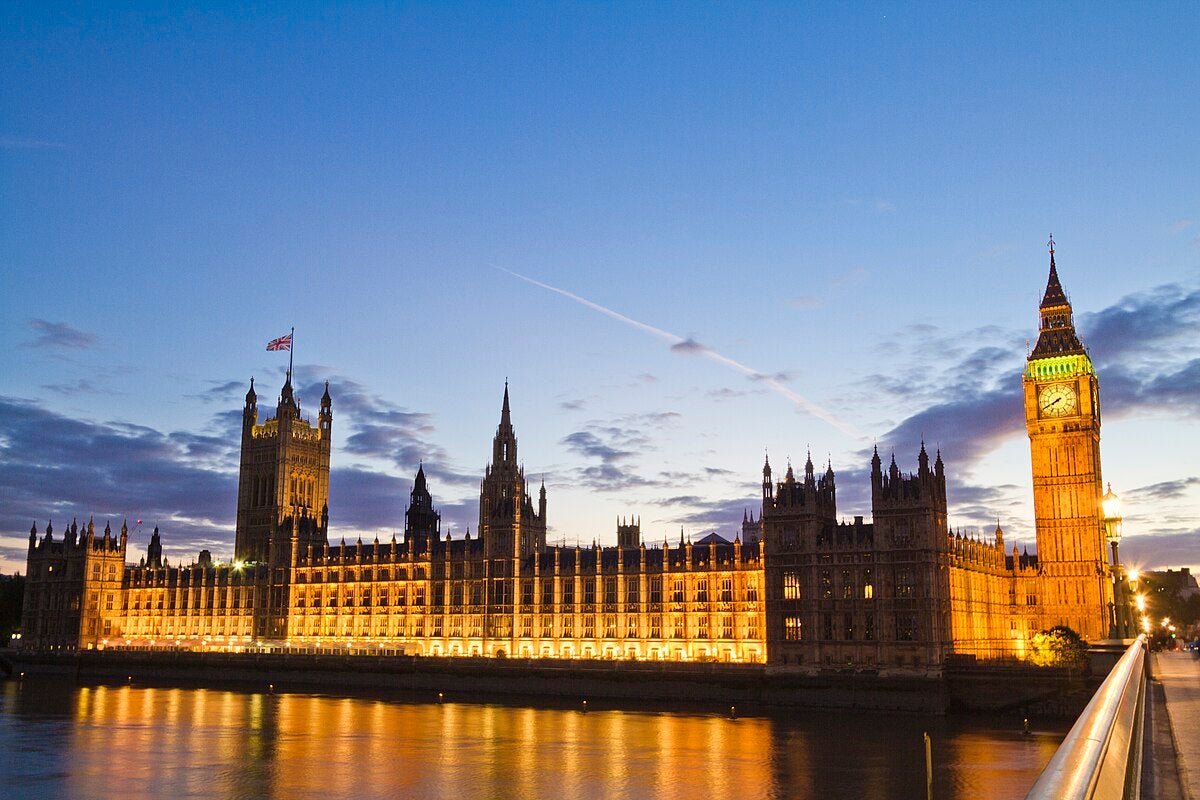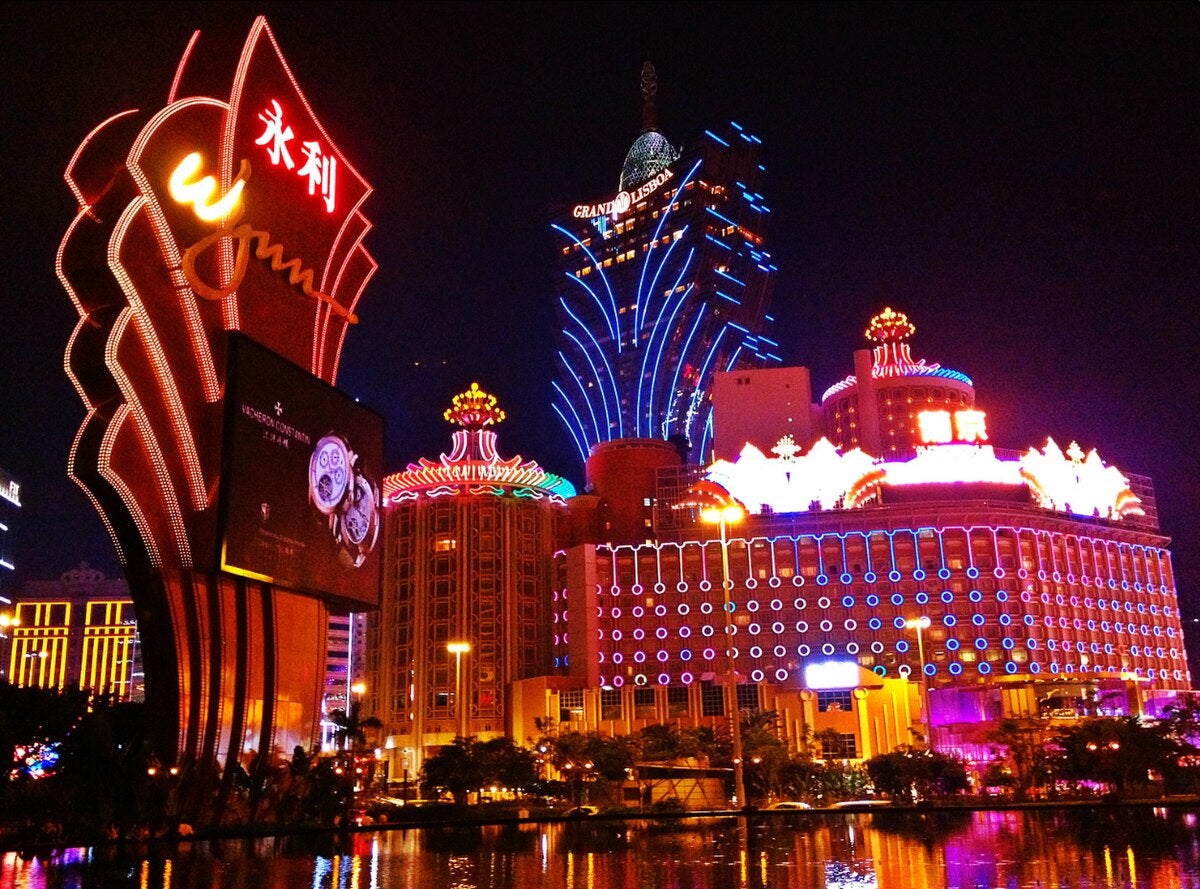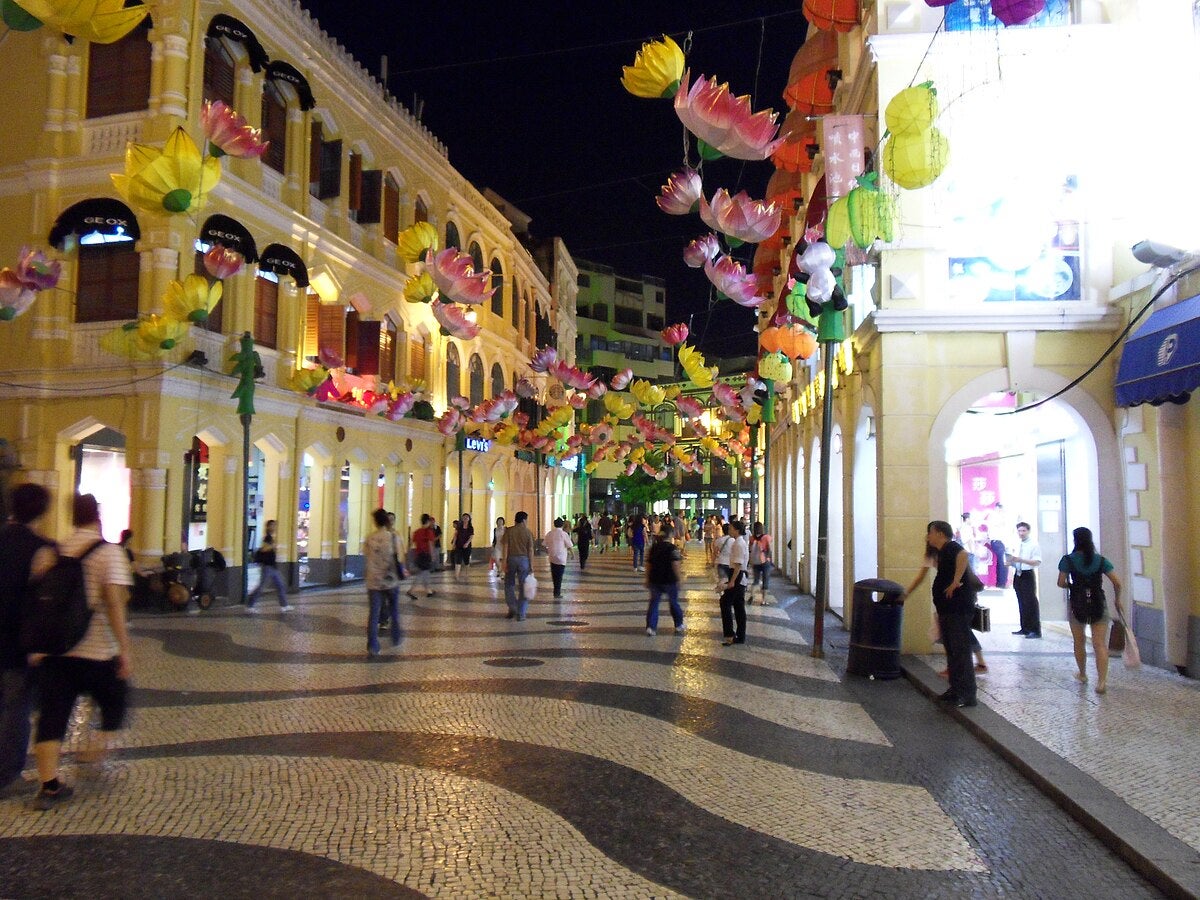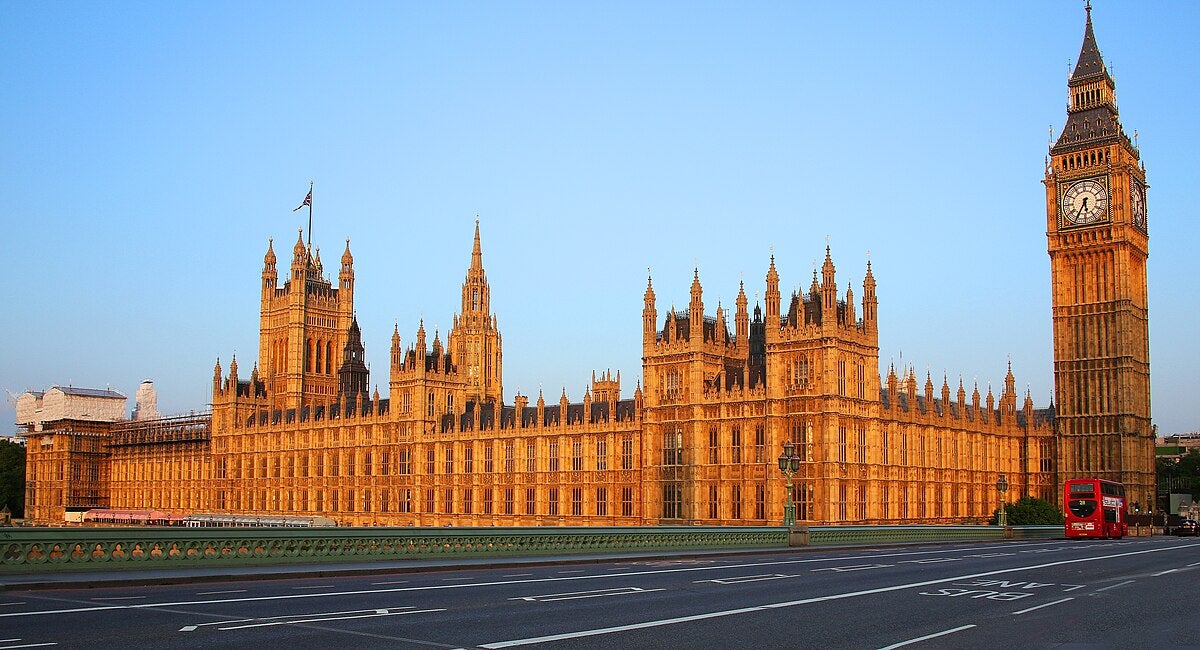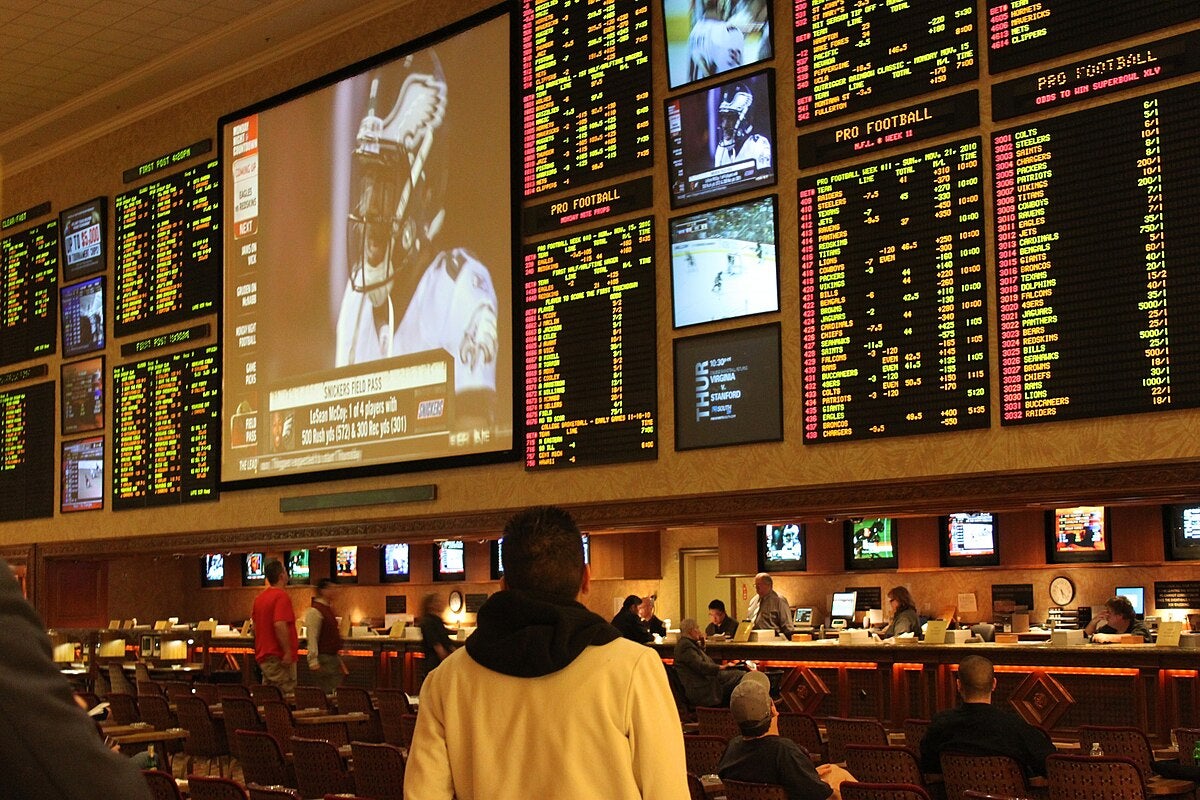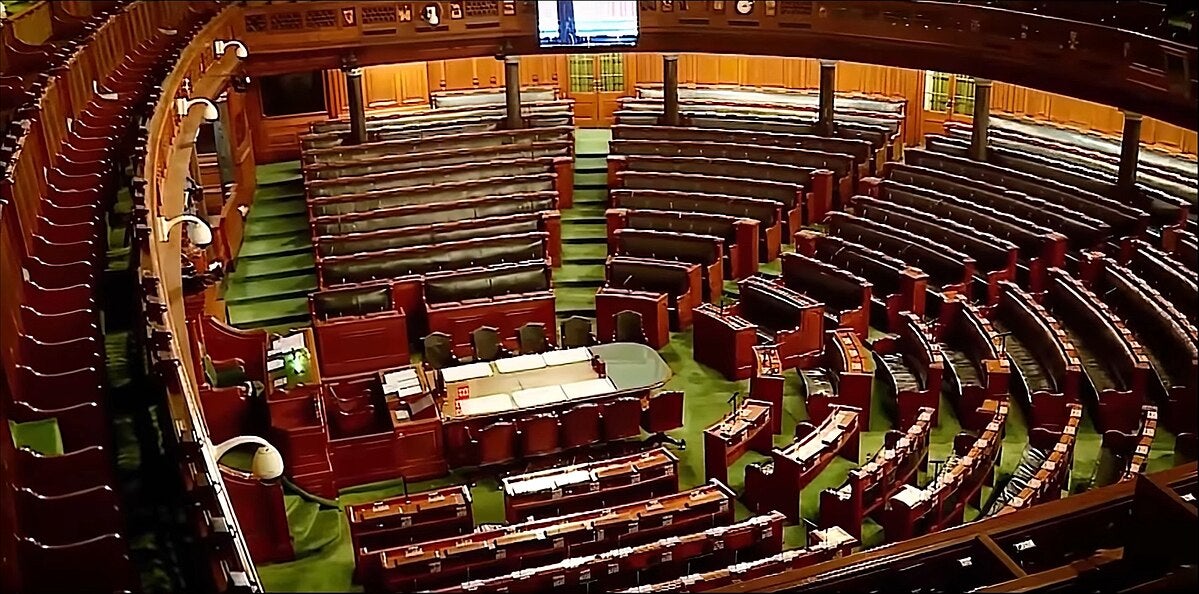Tax Structure Crucial for IR Success
MGM Resorts’ Global Development President Ed Bowers stressed that Thailand must adopt a “competitive tax structure” to attract leading operators. He stated that integrated resorts “have a significant impact on economies and tourism” while addressing gambling-related challenges. He referenced Singapore’s 17% gross gaming revenue tax as an industry benchmark, comparing it with Macau’s 40% and Japan’s 30% rates, which he argued strain operator margins.
Bowers urged Thai lawmakers to finalize policies by consulting operators to align legislation with business needs. While a 2024 parliamentary draft proposed a 17% gaming tax, the rate remains unconfirmed, creating uncertainty for investors. MGM contends Thailand’s long-term IR viability hinges on emulating Singapore’s moderate taxation approach.
Challenging Local Access Policies
Ed Bowers warned Thailand against replicating South Korea’s restrictive casino access policies, where only one property permits local patrons. He cited the Incheon’s INSPIRE Entertainment Resort’s struggle—reportedly up for sale due to reliance on foreign tourists—as evidence that exclusionary rules jeopardize sustainability. “It is essential governments understand the fundamentals of how the casino business works,” Bowers reiterated, advocating for evidence-based local entry policies.
He proposed Thailand align its resident entry fees with Japan’s planned JYP6,000 (US$41.70) entry fee charge for locals, translating to about THB1,400, to balance accessibility and revenue. Meanwhile, Thai lawmakers are deliberating a contentious THB50 million (US$1.5 million) wealth requirement for local gamblers, a threshold Bower warned could discourage participation. “Reasonable access isn’t about unrestricted gambling,” he noted, “but creating a model where domestic demand compliments international tourism to ensure viability.”
Bangkok Preference for IR Development
MGM Resorts has identified Bangkok as its top choice among the four shortlisted Thailand cities for IR developments. Bowers highlighted the capital’s international appeal, dense population, and robust infrastructure as optimal for hosting one or two large-scale IRs. He also applauded the proposed 10% casino floor cap in the establishments. MGM’s typical design reserves 5-10% of gaming area in its resorts, fitting seamlessly with Thailand’s proposed framework.


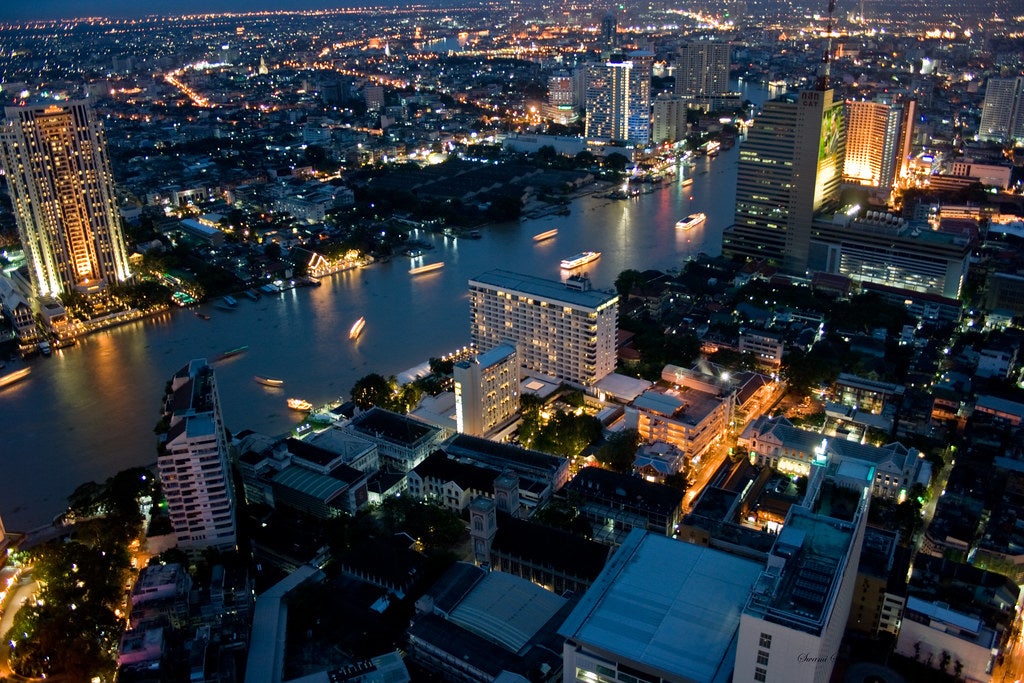


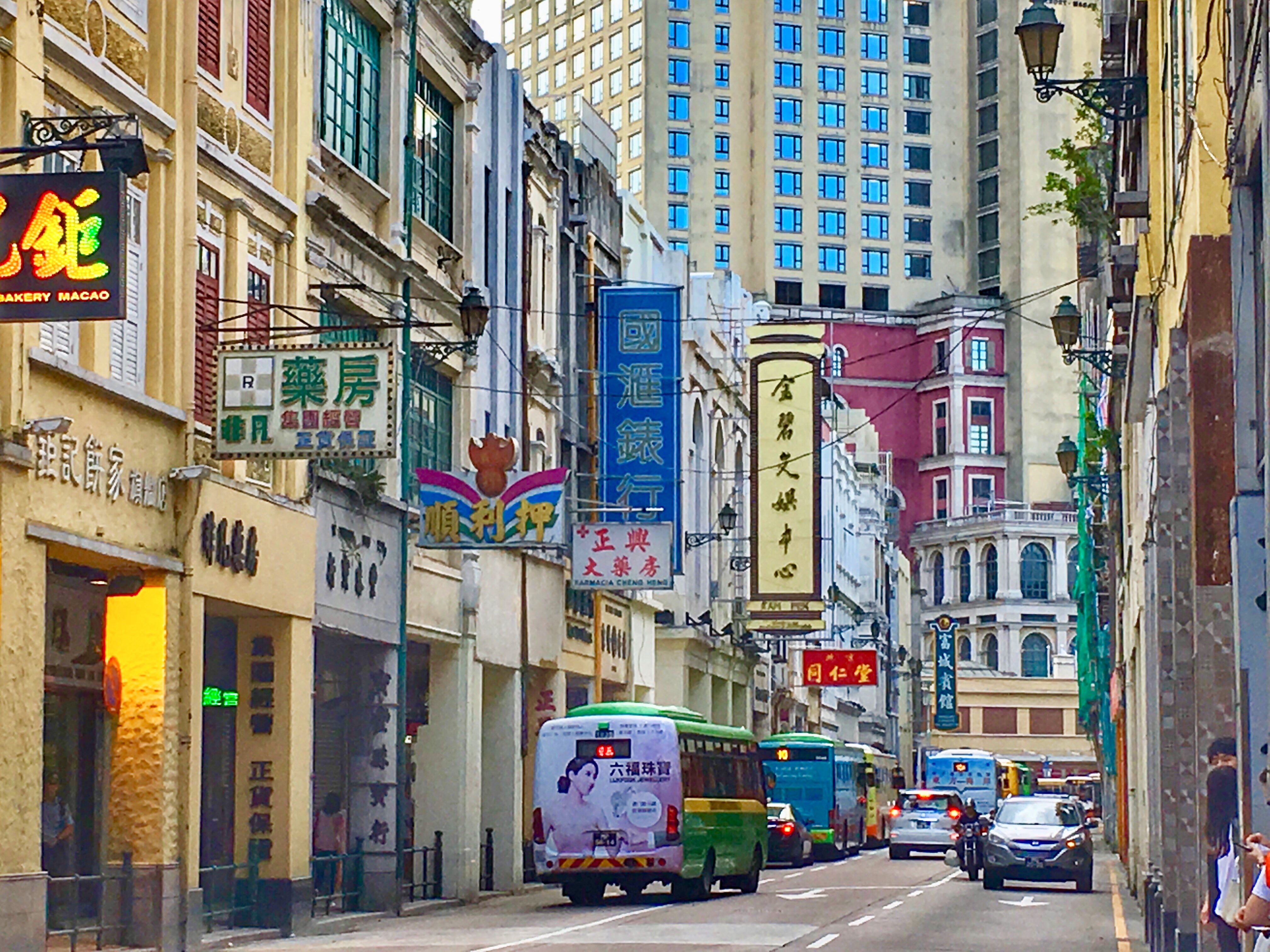
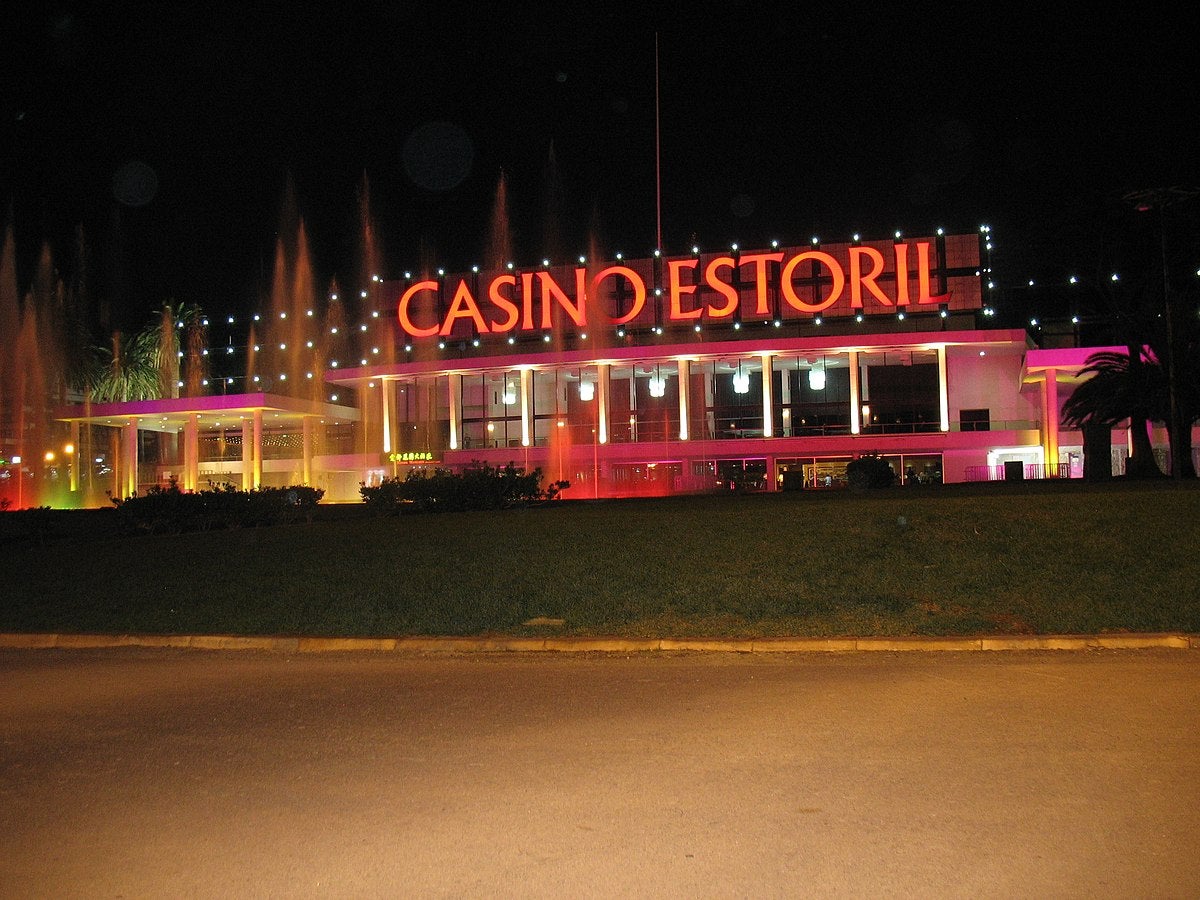


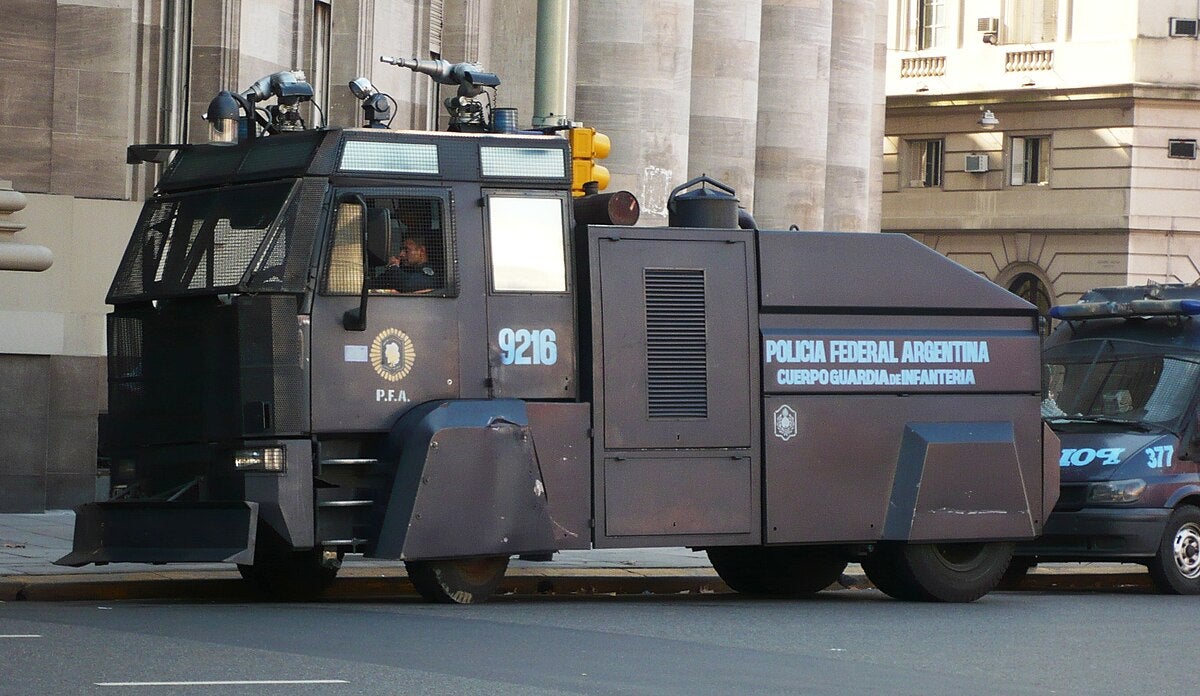
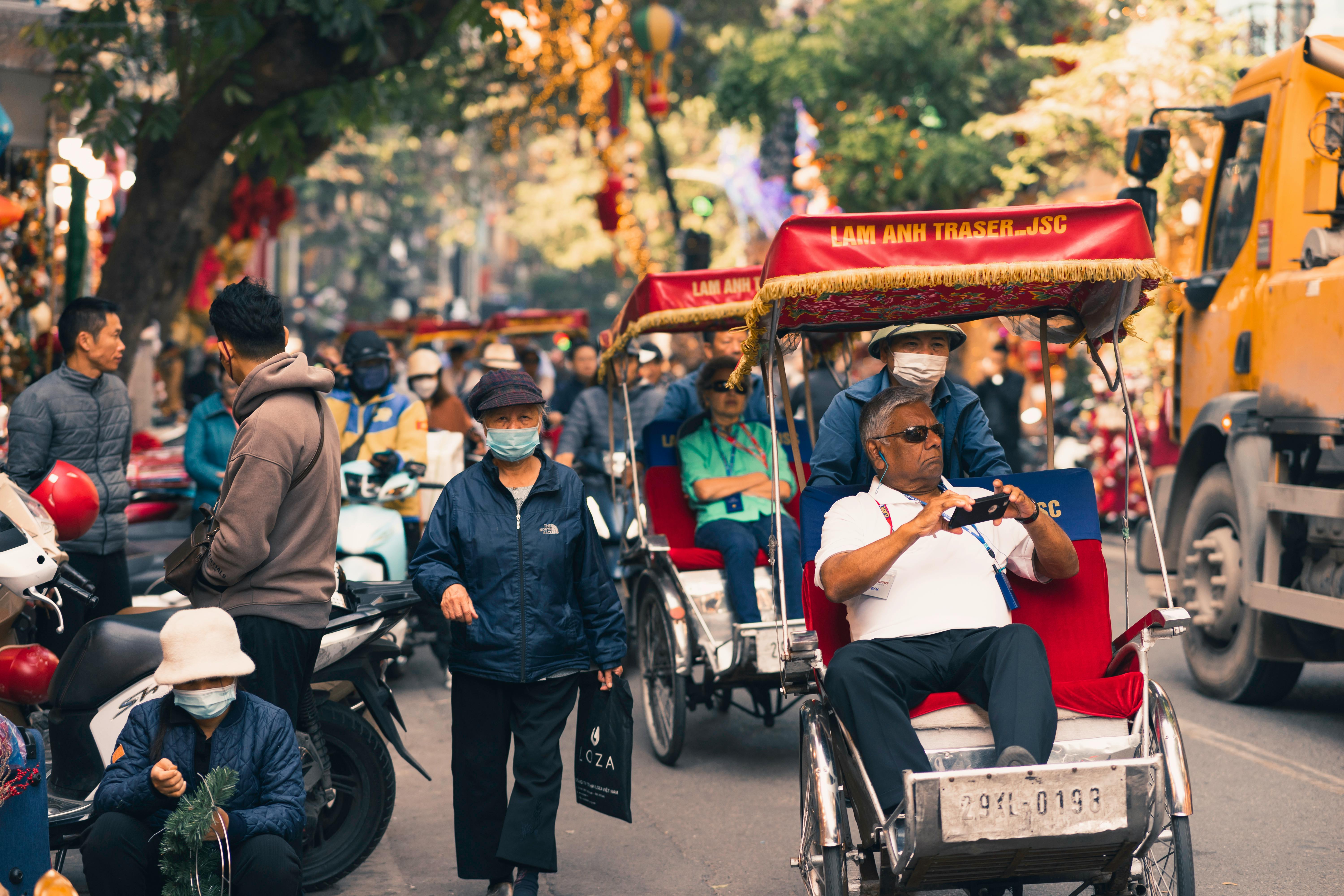
.jpg)

